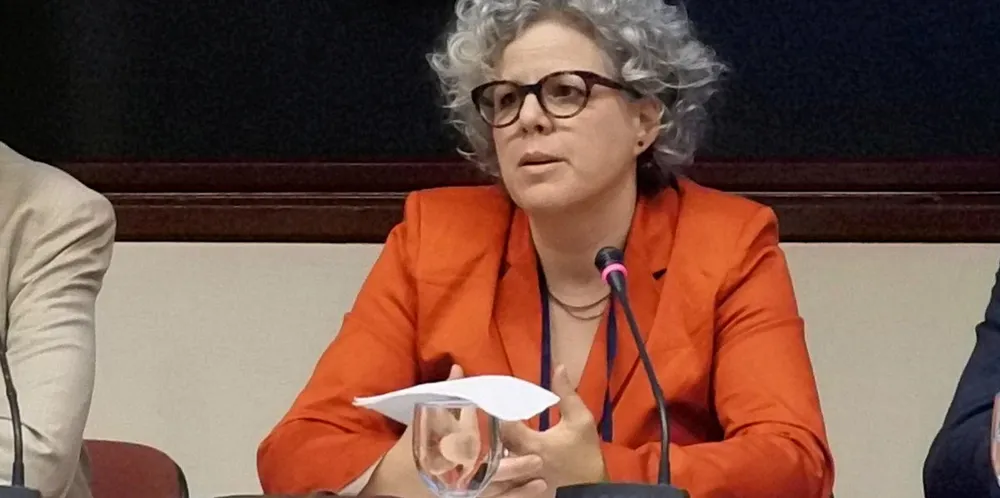Fossils' energy dominance 'as high as a decade ago' despite wind and solar boom: REN21
INTERVIEW | Thinktank sets out multi-point call to action as report warns of slow pace of energy transition despite 'indisputable' economic, climate and health benefits of renewables
